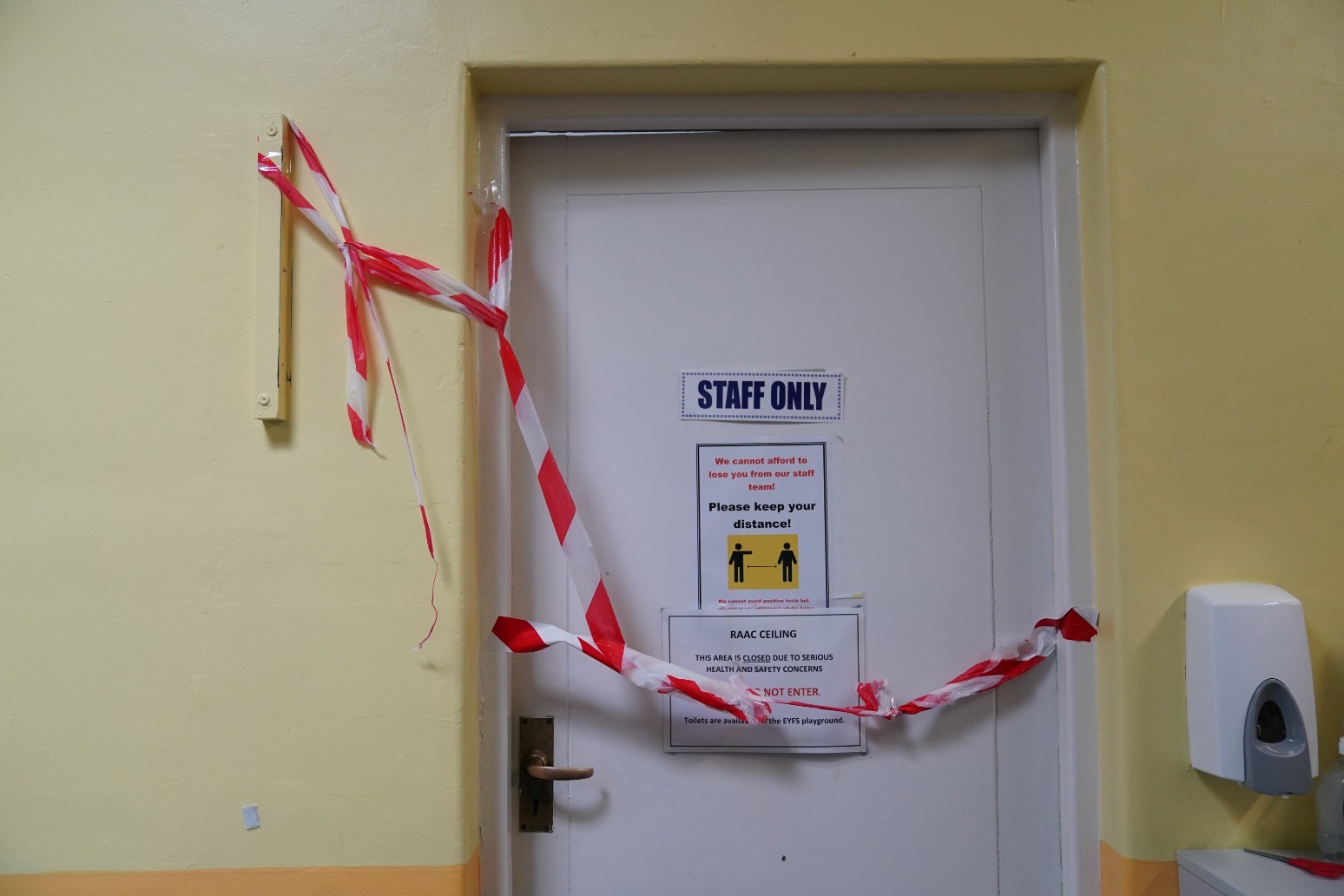
Education Secretary Gillian Keegan has told parents the closure of classrooms due to fears over crumbling lightweight concrete is “not a return to the dark days of school lockdowns”.
More than 100 schools and colleges have been told by the Department for Education to fully or partially shut buildings due to the presence of reinforced autoclaved aerated concrete (Raac), following the collapse of a beam last week.
Schools minister Nick Gibb admitted more classrooms could be forced to shut as schools prepare to head back for the start of the new school year.
Writing in The Sun on Sunday, the Education Secretary said there was “no choice” other than to make closures after a “handful of cases” where Raac had failed.
She said: “We all have to make difficult decisions in life and responsible government is about getting them right. That means looking at evidence and acting, even when the trade-offs are significant.
“That’s the position I faced when new evidence was presented to me indicating concrete which forms part of certain school buildings was no longer safe.
“I want to reassure families that this is not a return to the dark days of school lockdowns.”
She continued: “I understand the anxiety that this has caused parents, particularly those with children directly impacted, so soon after the disruption caused by the pandemic.
“But this is not pandemic school closures, and certainly not a return to extended home learning.”
She said home learning has only been required “for days, not weeks” in the minority of 52 schools and colleges which have required work.
She also moved to reassure parents the “vast majority” of schools are not affected by issues with Raac.
“A minority may need to move some or all of their children, with a short period of off-site learning or, as a last resort, remote learning,” she said.
“We’re supporting each of those schools with a case worker, and funding to cover immediate measures like temporary classrooms, to keep face-to-face education going.
“There have been calls to name schools impacted – and we will. But only when parents have been informed and schools given time to respond.
“That’s the right thing to do because parents should hear from their school first, and schools in turn have time to focus – supported by teams working round the clock.”
Published: by Radio NewsHub









